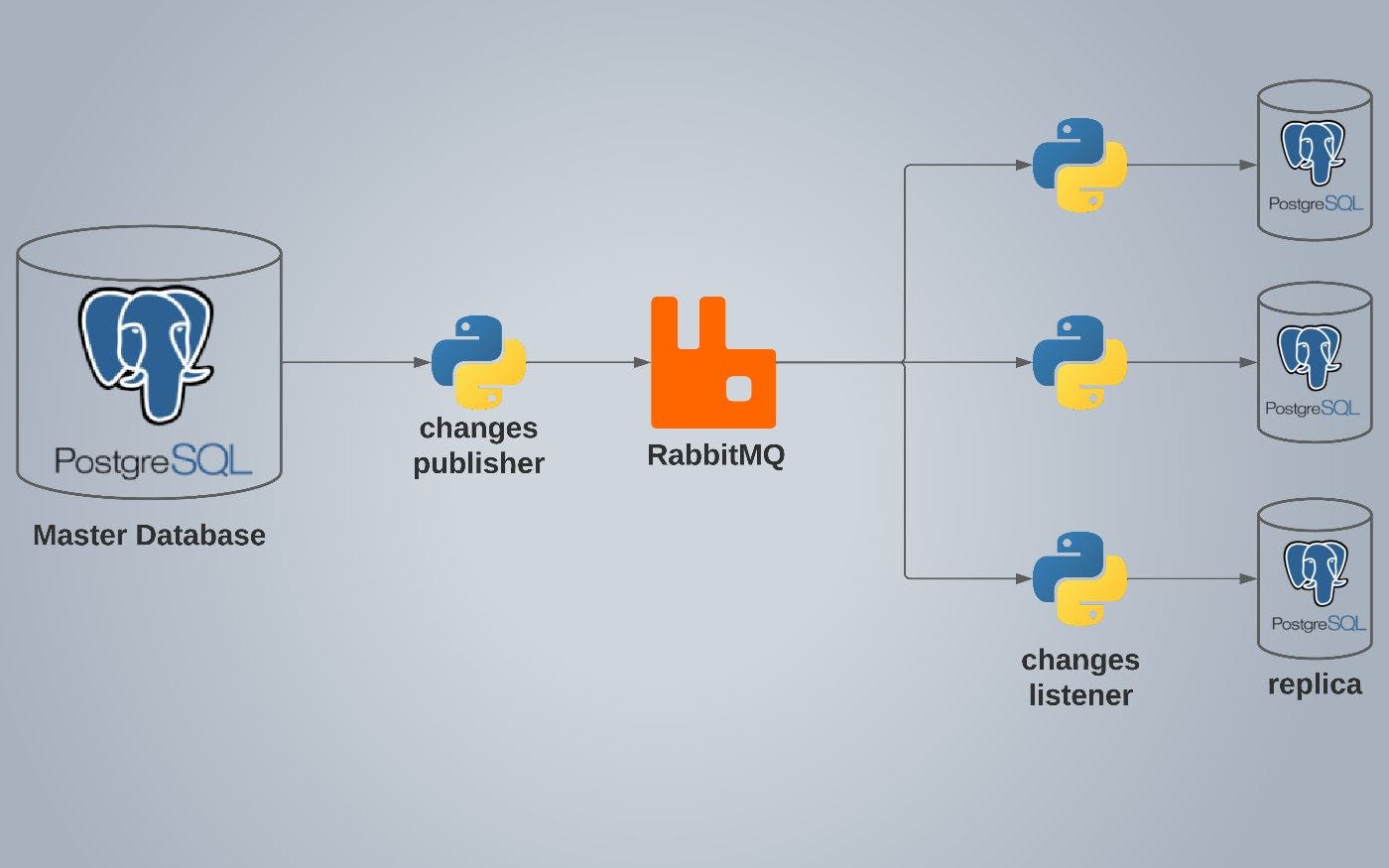4,289 reads
Replicate PostgreSQL Databases Using async Python and RabbitMQ for High Availability
by
May 5th, 2022
Audio Presented by

Software engineering student from Tunisia. Passionate about data engineering, deep learning and solutions architecture.
About Author
Software engineering student from Tunisia. Passionate about data engineering, deep learning and solutions architecture.
